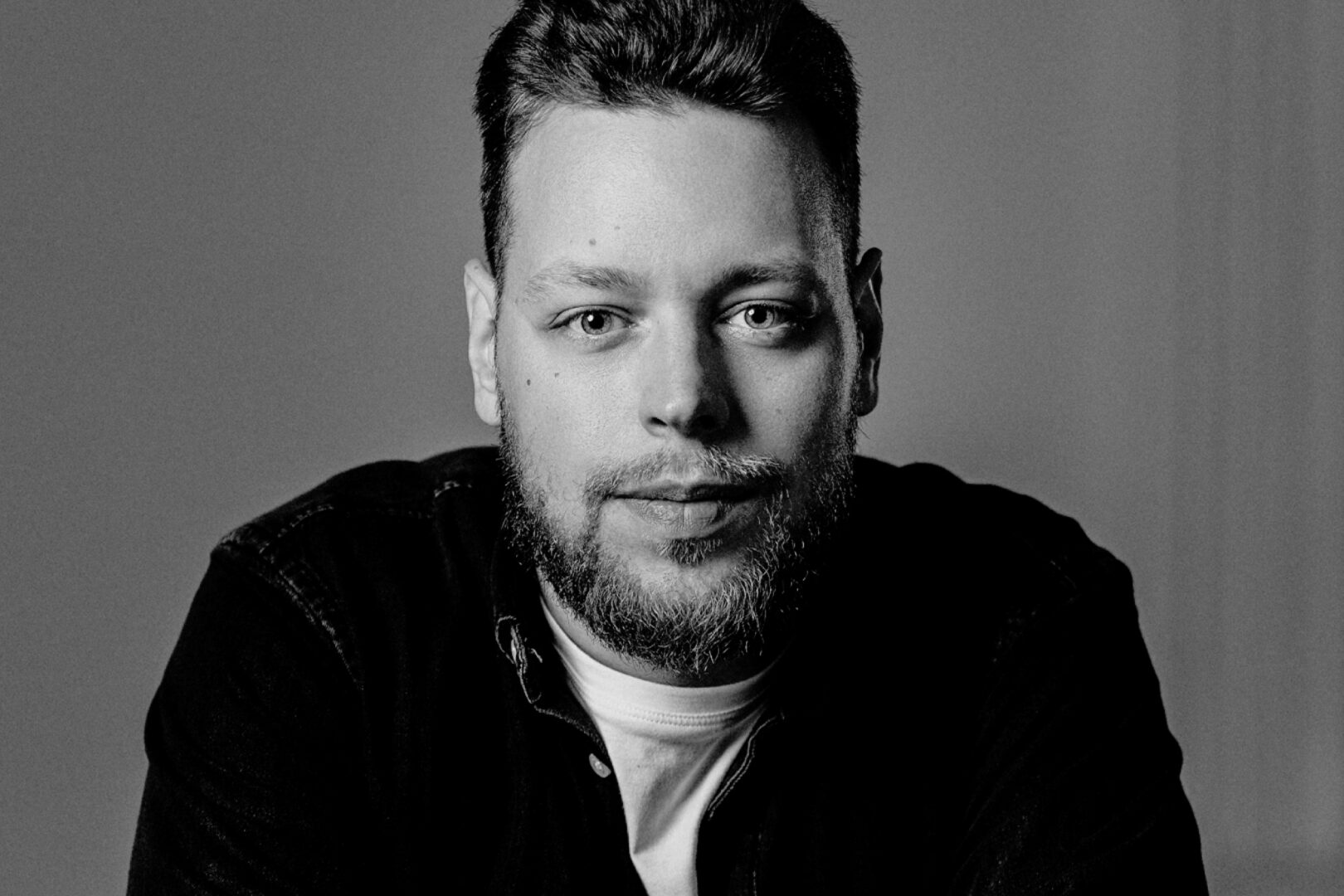

In the future, we won’t call a doctor after something starts to ache. They will call us before we get sick. The sensors and software will alert us in advance, says Kilo Health’s Head of Medical Affairs Kasparas Aleknavicius.
With Kasparas, we talked about the future of HealthTech.
He explains that the digitalisation of wellness and health products has exploded in recent years. Moreover, the technologies to come are even more exciting.
It usually has something to do with general aches, like back pain, health and wellness reasons, or a chronic illness. But trackers without data analysis algorithms and apps that present conclusions in an understandable form, are worth little. What we do is a bit more complex.
We at Kilo Health develop sensors that you might call trackers for continuous glucose monitoring. But sensors and devices that gather wearers’ input data are just one part of what we do. Generating insights and personalized tips are another important part. The latter is shaped by our software. Without it, all devices would be just a bunch of useless electronic parts in a plastic case.
Personal motivation differs wildly. But from what I see in the market, I can distinguish two main groups of people using some sort of health trackers and apps. The first group does so for general health and wellness reasons, like wanting to have a nicer body. The second group has a chronic illness which needs constant attention or monitoring.
This second group is growing because of constant improvement in sensor technology and software. In the past, you’ve provided data, and you’ve got, for example, an activity graph. Now you can get specific, personalised tips, not the generic ones like “lower sugar intake” or “do 30–40 minutes of moderate activity daily”.
It is also clear that those suffering from an illness have a greater internal motivation to use solutions that are capable of providing personalized insights.
Healthy people track their vital signs because of the desire to stay healthy. They want to see progress or be healthier in their old age. This group’s motivation sometimes needs to be strengthened. This, by the way, is a very important role for health apps. After all, they help people to form good habits and remind us to keep up the good work.
There are specialized apps for specific diseases, and general wellness apps for sports, diets, etc. I think the brightest future, looking from a business angle, awaits specialized apps that cover more than one illness.
We often say that diabetes, hypertension, and other heart diseases are the flowers of the same bouquet. And that’s true. Those apps that cover problems caused by interrelated diagnoses, will come out on top because they provide greater value. Among them, those that are most seamless and require the least effort will win.
Judging by the number of downloads, common workout apps will remain the most popular. But there are thousands of them. This market segment is hellishly competitive and most users, unlike users of specialized apps, are not yet ready to pay for the content.
It seems to me that in the US and Europe, this trend was fired up by Fitbit just over a decade ago. You probably remember its 10,000-steps-per-day advertising campaign? However, the company is saying that it was not the first one to think of this. In the mid-60s, a Japanese company called Yamasa launched a similar marketing campaign to help sell wearable step-counters. It was an attempt to capitalize on the immense popularity of the 1964 Tokyo Olympics.
Although walking is certainly healthy, this figure is not based on any scientific calculations. Today, there is growing evidence that the intensity of activity is more important than the number of steps.
I’d say that society is becoming healthier and more conscious of its health and well-being. It is becoming more educated. For me, the aspect of education is of utmost importance. We never release apps without an educational component. Especially now that we have focused more on solutions to help defeat diseases.
The educational section is also very important to family members and friends, so they know how to best care for a person with an illness.
We have heard more than once, that it would be great to be able to see whether mum or dad measures blood pressure every day, as recommended by the doctor. So we are working on features that would allow family members to monitor their relatives’ health. We call them “caregiver features”.
Scientists keep alluding to the negative consequences of long and frequent phone use. And there are all kinds of digital detox initiatives starting to appear. Do you think this could affect the app’s usage and the digital health market as a whole?
Our products are based on forming healthy habits. Yet, from the outside, healthy habits and addiction may look very similar.
Just as people take their phones to scroll through Facebook, so can they measure blood pressure or sugar levels. Our goal is to help develop healthy habits, making a person, who has missed doing something healthy, feel like they have missed out.
I very much like one of Elon Musk’s thoughts, who, by the way, is usually switching off at the weekend. When someone asked him: “When will we become cyborgs?”, he answered, “We’re already cyborgs”. He sees phones as our digital extensions, which help us express thoughts, communicate, translate language, accumulate and monitor our vital signs, etc. Even pacemakers have apps these days. Just swapping data between the device and the brain today is still slow. My point is, we can use these digital extensions to shape healthy habits or unhealthy addictions. So, we should be mindful of our choices. And let us not forget that certain actions also affect those around us.
There is the term “technoference” (technology and interference). For example, when children see parents constantly immersed in their phones, they often lack attention and psychological problems might arise.
I think phones, and everything else we’re talking about, bring more benefit than harm. Of course, there are no one-sided situations. It’s the same as with a knife or nuclear physics, both can help or harm. We just need to make conscious decisions.
I don’t think that digital detox initiatives could negatively impact the app economy.
I see the surge in the use of AI in medicine, an uptake of telemedicine, and digital health solutions being integrated with state healthcare systems. In the end, everything should be the opposite of what is now. I mean, now we usually go to the doctor when something hurts or something bad happens. In the future, the doctor will call us and let us know that the sensors we are wearing have noticed something is wrong.
It will take time, decades probably. But there are devices and software today that point to this kind of future. Aside from common wearables, already today there are smart toilets that can examine feces and urine. A toilet seat, which can measure blood pressure, its saturation of oxygen, etc. There are saliva analyzers for personal use and many other digital health innovations in the pipeline, including things users cannot see, like software upgrades.
When these and other things come out of the labs and business RnD units into the market and converge with new software, everything will turn upside down. Electronic systems will constantly monitor our health and supply data to our family doctors so they can call us when they see a worrying deviation from the norm.
Would you like to join Kasparas team and shape the future of digital health together?

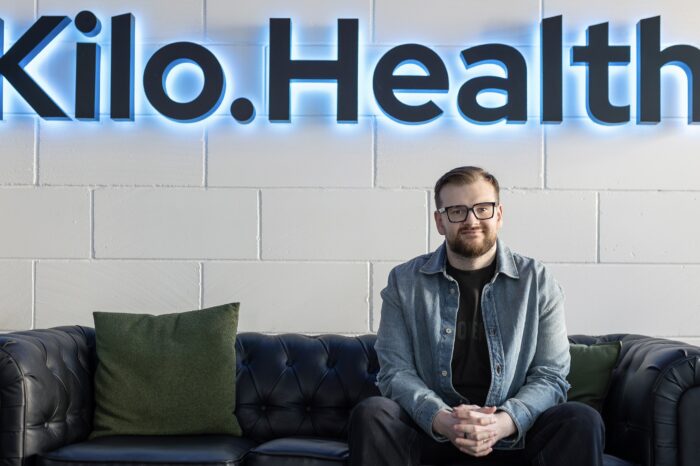
Kilo Health concluded 2024 on a strong note, achieving stable revenues and growth, alongside a team of 450 employees. In 2024, the company’s consolidated revenue remained steady at €234 million, the same as in 2023. Despite external market challenges, Kilo…
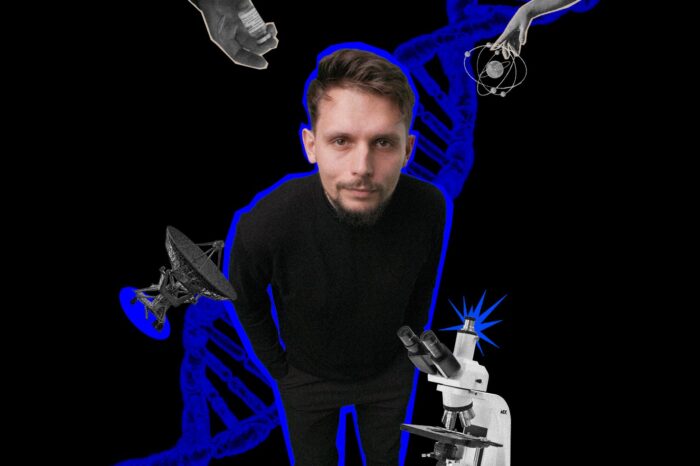
Ask, research, support. These three words sum up my role — or maybe just the nerd face emoji. Currently, I am working as a Scientific Research Lead at Kilo Health. But before that, I’ve always been on a similar path,…
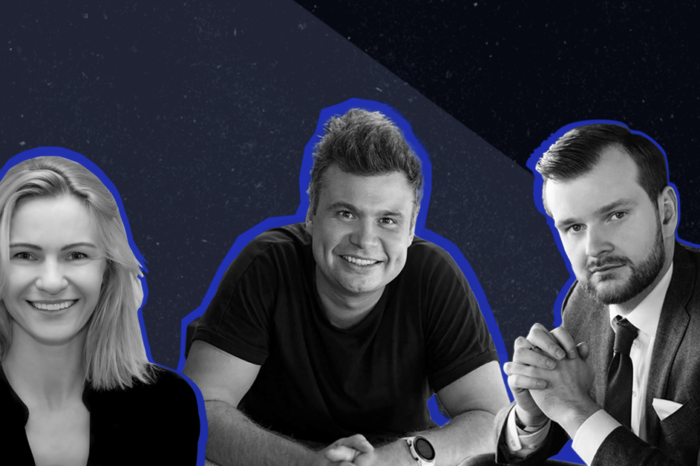
As we’re entering an exciting new chapter of business growth and leadership, it’s the perfect time to catch up on the latest changes in our team and where we’re headed next. Dive in and get to know our new CEO…
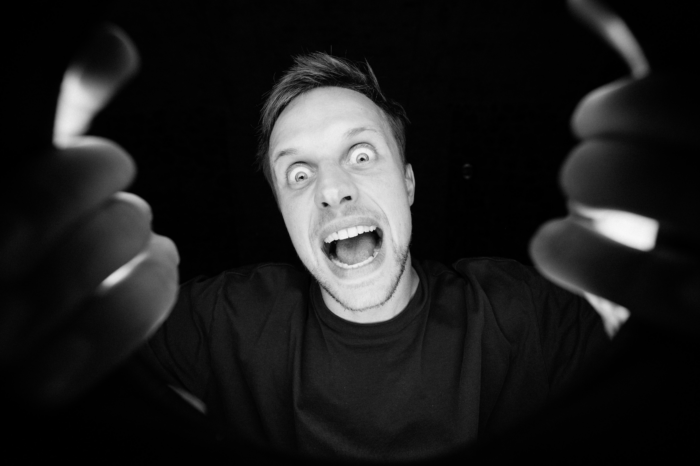
I’m Matas, and when asked, I refer to myself as an intern — always learning. However, research, strategy, business development, and idea generation are the cornerstones of my work. I want to pull back the curtain and give you an…
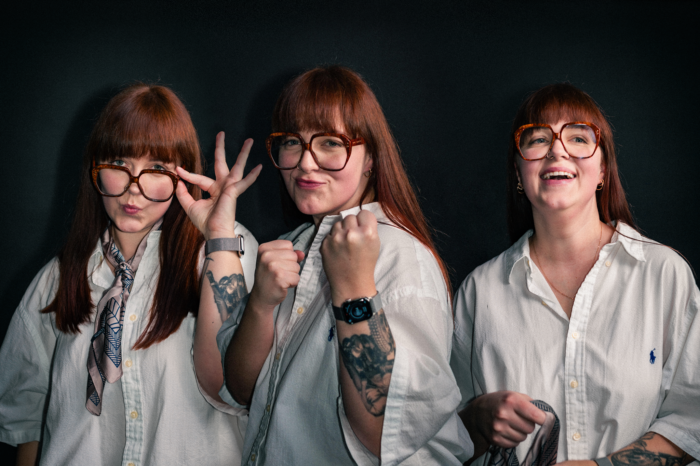
I’m Deimante, currently Head of Marketing at Kilo Health, and a big lover of this company. My journey to being hired at Kilo has been quite the ride. How it all started? I underwent interviews with 11 different people and…

Ever dreamt of taking the lead, even if the path isn’t crystal clear? Or to have someone believe in you and offer you a chance to figure out whether you would thrive in a startup environment? Speaking of which, Kilo…
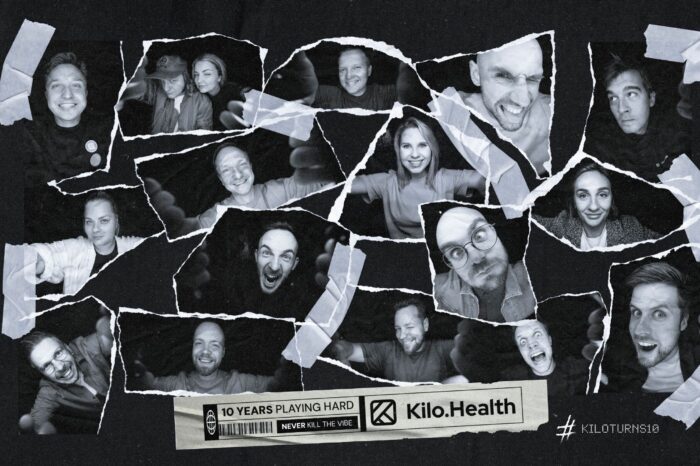
A whole decade has raced by in the blink of an eye for us at Kilo Health, and what better way to celebrate than to reflect on the milestones and lessons over the years? Do you know where we started?…
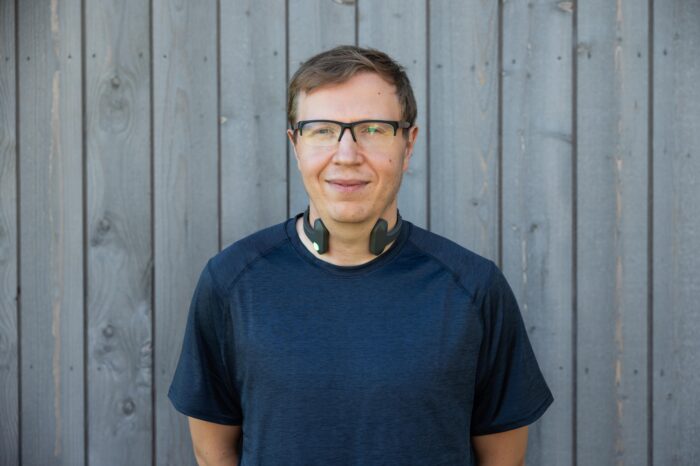
We, the co-founders, are just ordinary individuals with grand ambitions. There are times when we work twice as long and intensely as others, yet we’re equipped with the same amount of daytime, energy, and capacity. However, as leaders in the…
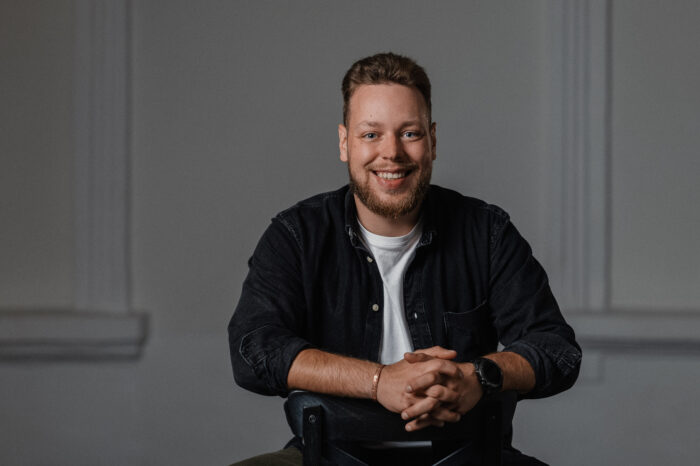
There’s no enchanting tale behind how I became a part of Kilo Health. In truth, some of us regular folks simply have regular journeys, and that’s perfectly fine. What counts is that today, I hold a successful product in my…

Reflecting on your achievements from the previous year is advantageous. That’s exactly what we did, proudly demonstrating our boundless aspirations through an impressive 84% growth and 213 million euros. So let’s put our hands in the air and celebrate together,…
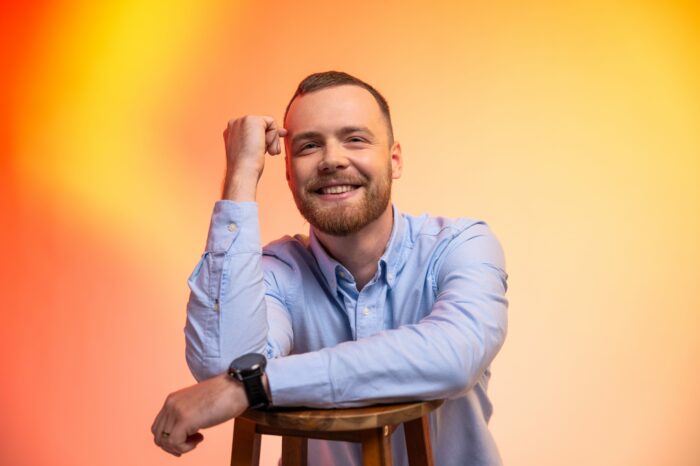
I joined Kilo Health back in 2019, and I can prove that when people’s values and mindsets align, great things can be accomplished, even if you don’t have a plan. BoomeranGO!, the first and only product for children provided by…
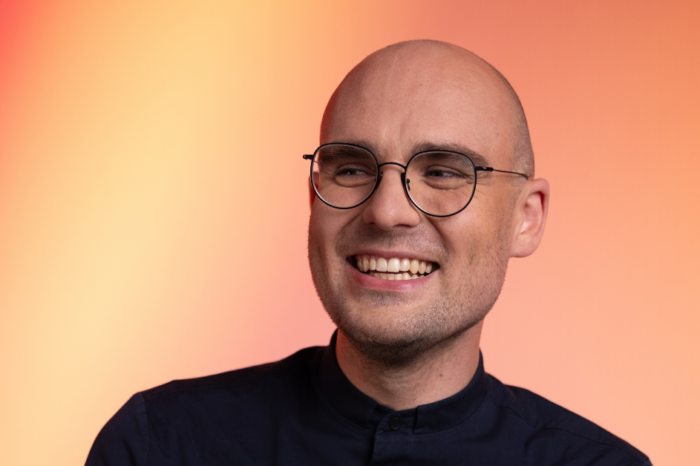
Lighting, sound, set, and actors are essential components of a film studio, but they are not the sole factors that define its success. Consistent creativity, appreciation of talent, and adaptability to market trends are a few of the things that…
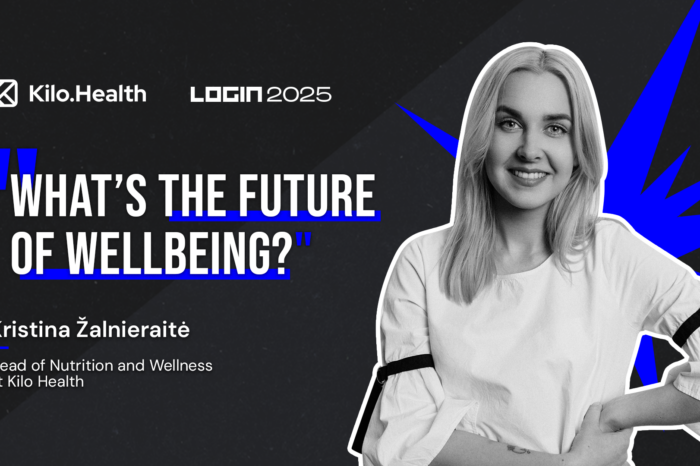
Imagine a world where technology creates a tailor-made meal plan and recommendations after analyzing different data about you. This is not science fiction but a reality that is fast approaching. Traditional plans drawn up by nutritionists are already being replaced…

Hey, I’m glad you’re here — I’m Viktorija Jokantaite-Kutke, the CEO of the Weight Management Accelerator at Kilo Health. One thing about me is that I don’t do boredom. I am always moving, always building. Try to keep up! When…